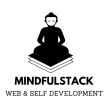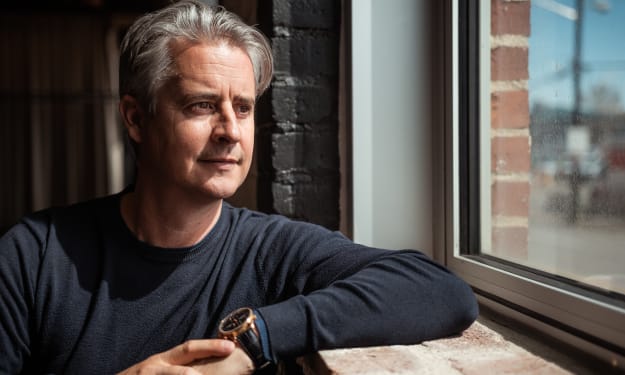5 Practical ideas to find your way | MindfulStack
What can be the practical ideas to find your way?

What can be the practical ideas to find your way?
Difficult question, for which there is no one-size-fits-all answer, however, guidelines can be set and we at MindfulStack have done so.
Here are 5 practical ideas to find your way.
Start doing stuff since you're very young
Start doing things at a young age and experiment new stuff. Begin to work hard even at the age of 15 and don't bask in procrastination.
Begin studying something for yourself, learn a skill, take a course, put out something of your own, learn software programming, make mistakes and try again.
By increasing the frequency of your mistakes you will feel less the emotional impact, you can no longer go wrong because you will be wrong every day.
We're in an age full of opportunities and starting to do stuff can only give you a competitive edge. Less talking, more doing.
Observe yourself
We have already discussed this in other articles. Self-observation is one of the keys to personal growth, because the more you watch, the more your self-awareness increases.
You start to understand what your tools, your weaknesses, your strengths are.
Observe yourself each day and put down a list of what are your strengths, your attitudes, your skills, your weaknesses.
Try to figure out how to improve yourself and how to take advantage of what you already have. Contact a coach to follow you in this process! I'm starting to coach right now, so feel free to contact me :)
SWOT analysis can be a great tool to support this idea to analyze your strengths and weaknesses, opportunities, and threats, and then create action points
A third method could be that of asking suggestion to others
Confront other people to have an external point of view and draw on those who have more experience than you.
This method has pros and cons. On one hand it allows you to access the experience of someone who can point you a towards a way, however one of the big cons is that you may be influenced by people who are very important to you, therefore you could perhaps be conditioned by the thought of others without having a first-hand experience, which would make you understand much more about yourself.
We need to confront others, but we also need to learn to filter suggestions according to our own attitudes, skills, ambitions and also economic possibilities, because not everyone can afford to go to a university where thousands of euros are spent. And since we ended up in college, let's move on to point 4.
How to figure out whether to go to university or not?
In my opinion, the university must be done according to your own objective.
For example, if you want to be a lawyer, you'll study law, but if you realize that it is not functional to your goal, there is no point in enrolling in university.
The point is not so much what you have to do, but HOW do you do it. If you have to do something unseated, or just out of vague passion, or even to please your parents, then it is better to avoid. The point is not what to do, but to do it by working hard.
If you start to give yourself a mindset focused on hard work and sacrifice then you will already be on the right track, regardless of which faculty you choose. Don't procrastinate any more!
Maintain a flexible mindset
It must be understood that the moment when you choose your own path, whether it is university, work, or anything else, will not be binding for our whole life.
This kind of thinking has spread because we live in a society that promotes the mono job culture, that is, we all do one job and one job only, and we have to carry it forward for the rest of our lives because that's what the world expects of us.
However, this view of things is anachronistic, because the world is full of people doing jobs with multidisciplinary skills, or who have gone from one work environment to another by reinventing theirselves, so you can do it too if you have the skills.
Think of your path as something fluid, not something fixed that once chosen binds you for life. You can reinvent it even in old age. I'm an example of this, because I've learnt management engineering, now I'm developing software, and I'm reinventing myself as a coach as well.
I follow all my attitudes, I do all the things I like. Talents can come up later in life. Don't be afraid to start doing something new even when you're older because everyone has to follow their natural development anyway. It is true that there is so much competition everywhere now, but life is not a race.
CONCLUSION
Basically there are no secrets or magical recipes, whoever sells them to you is shamelessly lying. What exists is the right mindset, which is to work hard and smart too.
Experience so much, have the courage to make mistakes, go towards error with a smile on your lips. The courage to make mistakes, also and above all in front of others, is a great skill that you can learn already today.
For more stories similar to this follow the MindfulStack's blog and if you want to share your story contact us!
Follow us also on our social networks!
About the Creator
Manuel Alonge
MindfulStack is a project by Manuel Alonge, web developer and passionate about psychology and personal growth.
The aim of MindfulStack is to share awareness about the best practices on how to manage human emotions.






Comments
There are no comments for this story
Be the first to respond and start the conversation.